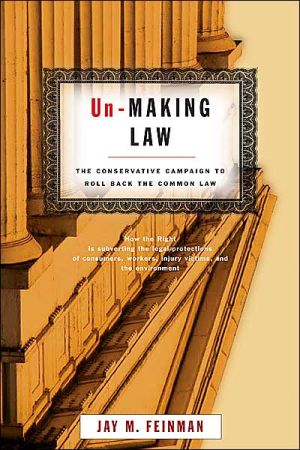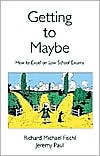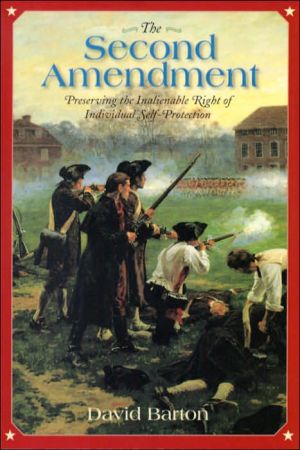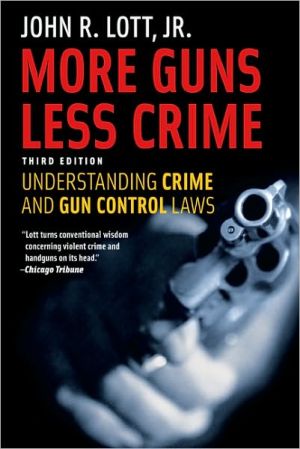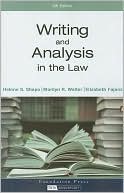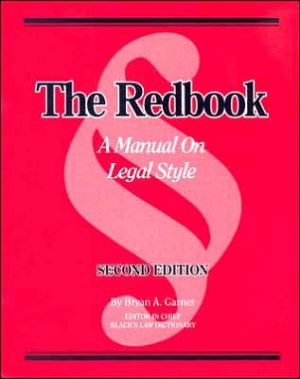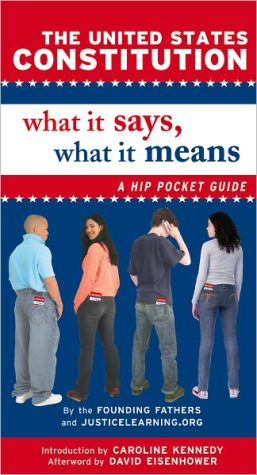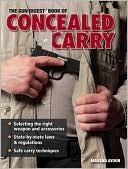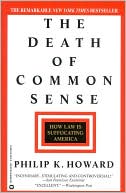Un-Making Law: The Conservative Campaign to Roll Back the Common Law
There is an undercover war going on in America that impacts everyone's life far more than the legal issues that typically grab the headlines. The conservative movement has been systematically turning back a century's worth of the evolving gains and protections found in the common law-the areas of law that affect the everyday activities of ordinary people.\ Throughout the twentieth century, contract, property, and personal injury law evolved to take more account of social conditions and the...
Search in google:
Feinman (law, Rutgers U.) offers a broad view of the movement over the past 25 years to reduce the legal protections available to ordinary people and to increase the legal benefits for corporations and other holders of wealth and power. He describes how businesses and conservatives have organized their economic and political power to manipulate public opinion, lobby, and litigate to change the law. Annotation ©2004 Book News, Inc., Portland, OR Kirkus Reviews A powerful right-wing conspiracy is gunning for the law-and seeking to discard a hundred and more years of constitutional precedent. So argues contract-law specialist Feinman (Distinguished Professor of Law/Rutgers Univ.; Law 101, not reviewed) in this dissection of the "comprehensive and coordinated campaign to reshape the common law" being mounted by a neoconservative cabal of industrialists, land developers, bankers, politicians, insurance companies, and even some academics, all backed by "a network of trade groups, think tanks, right-wing foundations, membership organizations, lobbyists, and litigation centers." Their goal, by Feinman's account, is to restore the classical legal theory of the Gilded Age, when robber barons ruled the roost and working people were afforded few protections by the law. The social Darwinism implicit in that theory was pretty well discarded a century ago, writes Feinman, but it's now back, manifested in arguments that hold that government is the problem and not the solution, and that market values are the sole measure of social good. Such arguments, advanced with increasing force in just the last few years, have been raised against a legal system supposedly gone mad, against the bogeyman of fat-cat trial lawyers out to enrich themselves at the expense of their poor clients. In fact, Feinman holds, this characterization is grossly exaggerated if not downright false. Any attempt to limit awards for damages will result in injustice: "Because they take cases on a contingent fee basis and advance the costs of litigation, victims' lawyers will only take cases where the probable recovery is much greater than the expense of investigating and pursuing the case."Moreover, he adds, the present tort system provides a needed check: manufacturers and providers take greater pains to issue safe products and services when the threat of liability hangs over them, and "if other forms of government protection are decreasing, tort law as a regulator of safety becomes more, not less, important." Feinman's provocative essay provides, among other things, an interesting take on the spilled-coffee-at-McDonald's case.
1The resurrection of classical common law72Injuries, victims, and the attack on tort law193A realistic view of tort law494Consumers, workers, and the tyranny of freedom of contract785Freedom of contract and fair contract1116Property rights and the right's property1287Takings and transcendental nonsense1598The movement to un-make the law172
\ Kirkus ReviewsA powerful right-wing conspiracy is gunning for the law-and seeking to discard a hundred and more years of constitutional precedent. So argues contract-law specialist Feinman (Distinguished Professor of Law/Rutgers Univ.; Law 101, not reviewed) in this dissection of the "comprehensive and coordinated campaign to reshape the common law" being mounted by a neoconservative cabal of industrialists, land developers, bankers, politicians, insurance companies, and even some academics, all backed by "a network of trade groups, think tanks, right-wing foundations, membership organizations, lobbyists, and litigation centers." Their goal, by Feinman's account, is to restore the classical legal theory of the Gilded Age, when robber barons ruled the roost and working people were afforded few protections by the law. The social Darwinism implicit in that theory was pretty well discarded a century ago, writes Feinman, but it's now back, manifested in arguments that hold that government is the problem and not the solution, and that market values are the sole measure of social good. Such arguments, advanced with increasing force in just the last few years, have been raised against a legal system supposedly gone mad, against the bogeyman of fat-cat trial lawyers out to enrich themselves at the expense of their poor clients. In fact, Feinman holds, this characterization is grossly exaggerated if not downright false. Any attempt to limit awards for damages will result in injustice: "Because they take cases on a contingent fee basis and advance the costs of litigation, victims' lawyers will only take cases where the probable recovery is much greater than the expense of investigating and pursuing the case."Moreover, he adds, the present tort system provides a needed check: manufacturers and providers take greater pains to issue safe products and services when the threat of liability hangs over them, and "if other forms of government protection are decreasing, tort law as a regulator of safety becomes more, not less, important." Feinman's provocative essay provides, among other things, an interesting take on the spilled-coffee-at-McDonald's case.\ \
